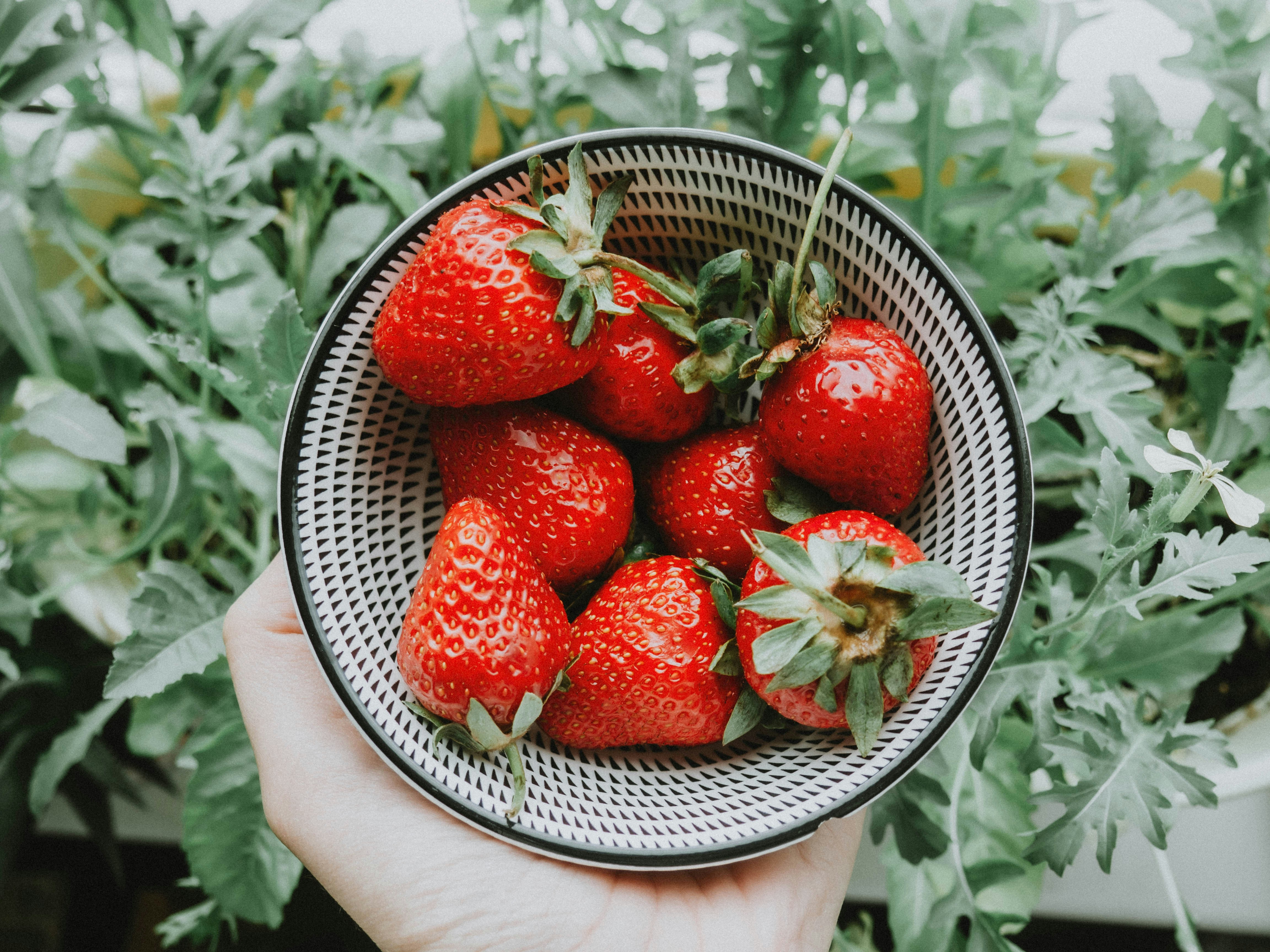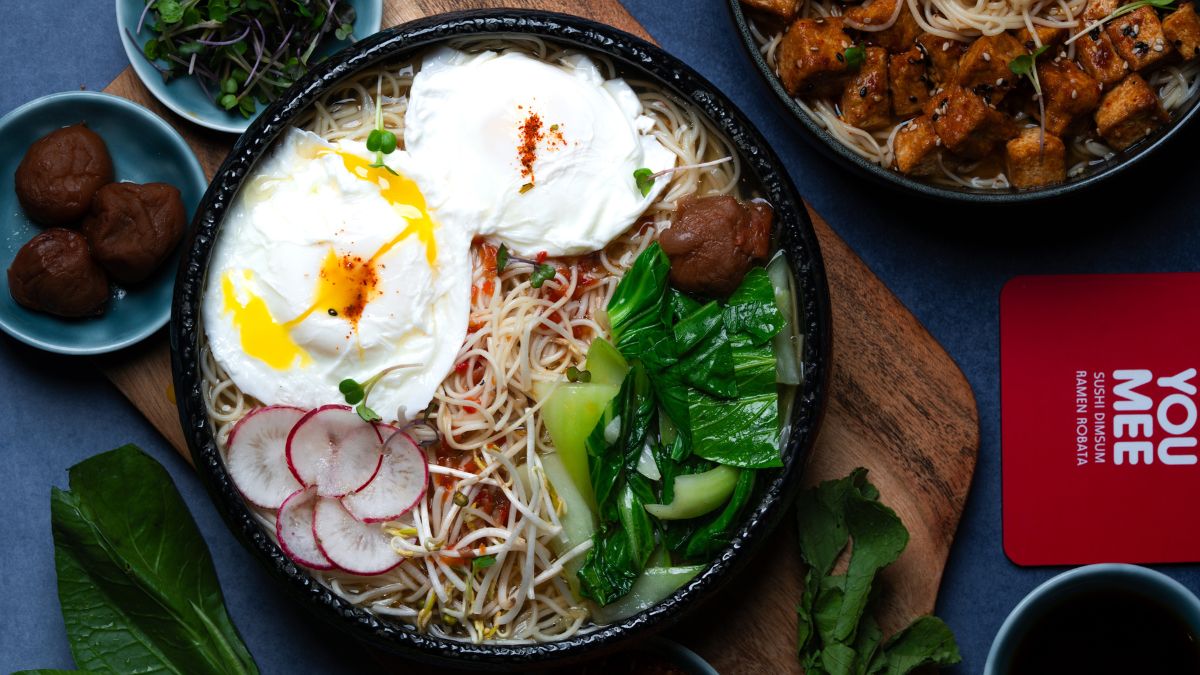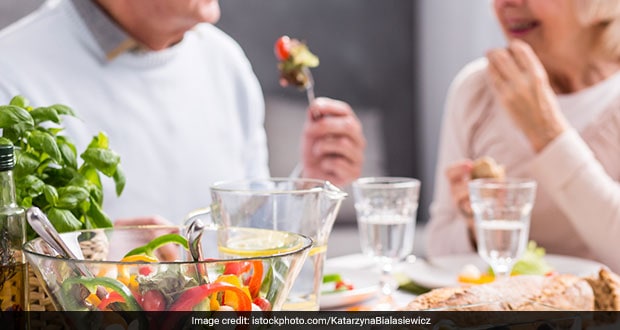Food for the elderly does not have to be boring, containing only steamed veggies and lacking flavours. As a chef at a facility dedicated to the holistic wellness of seniors, I've added to my bag of tricks ways to make healthy food more appealing for the elderly. To create a wholesome diet plan for seniors, one must keep three factors in mind - calorie intake based on activity levels, nutritionally balanced diet, and inclusion of immunity-boosting foods.
With senior citizens increasingly worried about their immunity, here's how we can ensure a healthy yet tasty diet for them:
1) Go local, go seasonal!
It is imperative for seniors to adapt their diet to the need of the hour and fill it with seasonal and local produce. The idea is to align with a place's weather, soil type and local foods that are rich in vitamins, proteins and energy needed to thrive in that environment.
For instance, if living in the hills, one can use locally sourced ingredients from villages and farms around that region as well as the local pahaadi dishes!
(Also Read: Healthy Eating Habits For Elderly: Important Points To Remember!)
2) Consume foods with a high-water content. Hydration is the key!
Keeping seniors hydrated is essential, regardless of the season, place etc. In addition to sufficient fluid intake, we need to increase the intake of water-based fruits such as watermelon, muskmelon, peaches, plums, among others. Inclusion of gourds such as bitter gourd, snake gourd, Indian squash, apart from the seasonal favourites such as okra, cluster bean etc. is also imperative.
(Also Read: 5 Best Watermelon Recipes To Try At Home: Watermelon Gazpacho, Ice Cream & More)

3) Fried food: not your best friend
This probably needs no explanation but we also understand that food is a cultural phenomenon in India, one that we celebrate. But with seniors, the idea is to serve food with a strong nutritional value whilst also retaining the nostalgia of their favourite dishes.
You can indulge in your favourites but keeping their nutritional quotient intact. For instance, bake your samosas rather than frying them. There's a traditional, age-old Mughlai dessert that is typically fried known as Shahi tukda, but the bread can be baked instead of frying it. Another healthy substitute is baked millet chips that have been a huge hit. These are made with locally sourced indigenous millets such as finger millet, barnyard millet, pearl millet etc. Serve them with mango chutneys and dips and you are in for a treat! Basically, you can recreate the iconic dishes and recipes by choosing healthy alternatives.
4) Know your substitutes
Want to know alternatives to unhealthy favourites? The key is experimentation and faith. We have been preparing croissants - a traditional preparation made with all-purpose flour, with whole wheat. We spent a year and a half in R&D for this before finally getting it right. Similarly, replace refined sugar with jaggery, honey, and stevia for desserts. White sugar is a big NO! You can replace it with brown sugar too. Choose healthy. The other day we laid a meal for a birthday celebration. The menu consisted of a healthy mezze platter with hummus, Baba Ghanoush, Chicken Cacciatore along with a sorbet prepared with different varieties of available mangoes.
5) Balanced meal: gospel
Nostalgia is an essential part of food, and nothing compares to 'Ghar ka khaana,' which isn't just satisfying but also simple.
A nutritionally balanced meal focused on the intake of micro-nutrients such as vitamins, minerals, antioxidants, pre and probiotics etc. along with macro-nutrients such as carbohydrates, proteins, and fats sourced from wholesome food items, is essential to maintain and carry out day-to-day body functions efficiently.
(Also Read: Vitamin E: Benefits And Top 7 Dietary Sources Of The Antioxidant Vitamin)
6) Add colour to your diet
This year has been particularly hard for everyone and maintaining a healthy lifestyle has been our primary goal. Apart from all the points above, include colourful foods that are packed with essential vitamins. For example, red and purple fruits and vegetables have anthocyanin that serves as a powerful antioxidant and decreases the risk of macular degeneration, certain types of cancer, and the possibility of a stroke. Nutrients found in orange-yellow colour ranged fruits and veggies include vitamin C, potassium, and folic acid, which promote collagen formation and healthy joints and fight harmful radicals. The green colour in vegetables, apart from well-known health properties such as immunity, retinal health, etc. have also proven to be beneficial in fighting free radicals and lowering cholesterol. Special herbs and plants such as Giloy, Ashwagandha, raw haldi, black pepper, and tulsi serve as important immunity boosters. They can be served at regular intervals to build seniors' immunity.

About Author: Chef Arun Karara is head of cuisine creation at Antara. The article is medically reviewed by Dr. Shilpi Kulshreshtha - consultant physician, diabetologist, and head of clinical services at Antara.
Disclaimer:
The opinions expressed within this article are the personal opinions of the author. NDTV is not responsible for the accuracy, completeness, suitability, or validity of any information on this article. All information is provided on an as-is basis. The information, facts or opinions appearing in the article do not reflect the views of NDTV and NDTV does not assume any responsibility or liability for the same.








